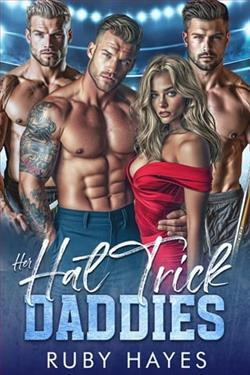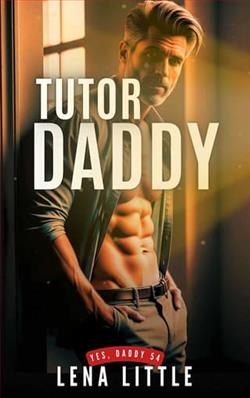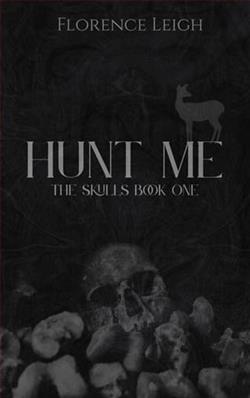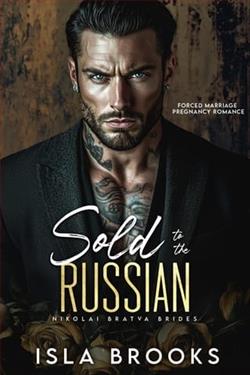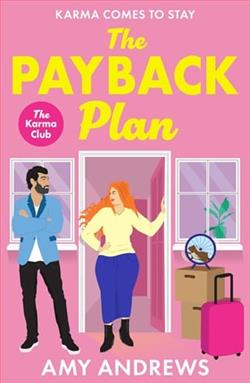Page 22 of Flare
I took a breath and blew it out slowly. I bet it was really something when this man let you glimpse behind those walls. And it suddenly occurred to me that Beck was an armadillo. An armour-plated, balled-up, soft-bellied armadillo.
Well, fuck me. We actually did have common ground. Because that state of being was something I understood better than most.
I held my cup in two hands and sat back. “You said you work at the university? Do you teach?”
“Yes.” He kept his eyes on my designs. “English.”
I almost choked on a mouthful of coffee. I’d been thinking engineering or something technical. Maybe because of his size? Who knew? “English?”
“Yes.” He chuckled. “And I believe your stereotypes are dangling beneath those nice hems of yours.”
I flattened my lips. “Very droll.”
He shrugged. “I thought so. To be specific, I specialise in nineteenth-century poetry.” His expression dared me to laugh as he began flicking through my sketchpad once again.
But laughter wasn’t even close to the surge of incredulity that scurried through my veins. “Oh?” I leaned back and folded my arms. “And that would, of course, beprofoundlymore practical and world-worthy than fashion design.”
He flicked me a look that needed no interpretation. “Poetry is the vessel that holds the beauty and innovation of language.” He pointed to a rough sketch of a pair of loose-fitting red silk evening trousers with a red and black leather harness and said, “Do people really buy this stuff?”
“And we were doing so well,” I huffed. “But to answer your question, yes, Beck. Yes, they do. And they pay damn good money for it.”
He scratched his jaw under that beard as if the notion was beyond him. “Yeah, I’ve seen your prices.”
What the actual fuck?My hackles pricked and I fired a question back at him. “Do people really read your beloved poets?”
His jaw tightened. “Of course they do.”
I shot him an equally disbelieving look, and his throat broke red.
“Okay, so maybe they’re not as fashionable these days, but once upon a time, poets were like rock stars.”
“Or fashion designers,” I pointed out, and he pulled at his collar.
“But where would you wear something like this.” He indicated the red trousers again.
I shrugged. “Clubs, bars, events, openings, dates, or justevery day. You must love poetry, so I’d guess you read it a lot more than the average person. You wouldn’t just save it for your vacation or a rainy day by the fire, right?” I cocked a brow.
He grimaced. “Point taken.”
“Good, because people who love fashion don’t just bring it out for Aunt Martha’s second cousin’s wedding or their nephew’s bar mitzvah. They wear it regardless. Every day. Like Kip.”
Beck’s nose wrinkled. “Yes. He’s very... there, isn’t he?”
“Be careful, Beck,” I warned. “You’re starting to piss me off. Are you implying Kip doesn’t look good?”
“No, of course not.” There was a cheeky dance to those hazel eyes, and I suddenly realised Beckett Northcott was teasing me. He smiled. “Kip looks great. You dress him, right? I mean, he wears your label.”
I arched a brow. “Are you taking the piss?”
“No, I’m serious.”
I felt like the ball in a tennis match when the racket was my usual go-to role. “In that case, yes, he mostly wears my designs when he’s at work.”
Beck nodded. “He wears them well. Then again, looking like he does, he’d wear anything well.”
I ignored the ridiculous lick of jealousy in my gut.
“It’s just alot... for someone like me who sees clothes as mostly functional. I admire how Kip looks, but I don’t really understand it.” He sat in the chair opposite, and I pushed his plate of Louise cake closer. He forked off a bite and then groaned appreciatively.









